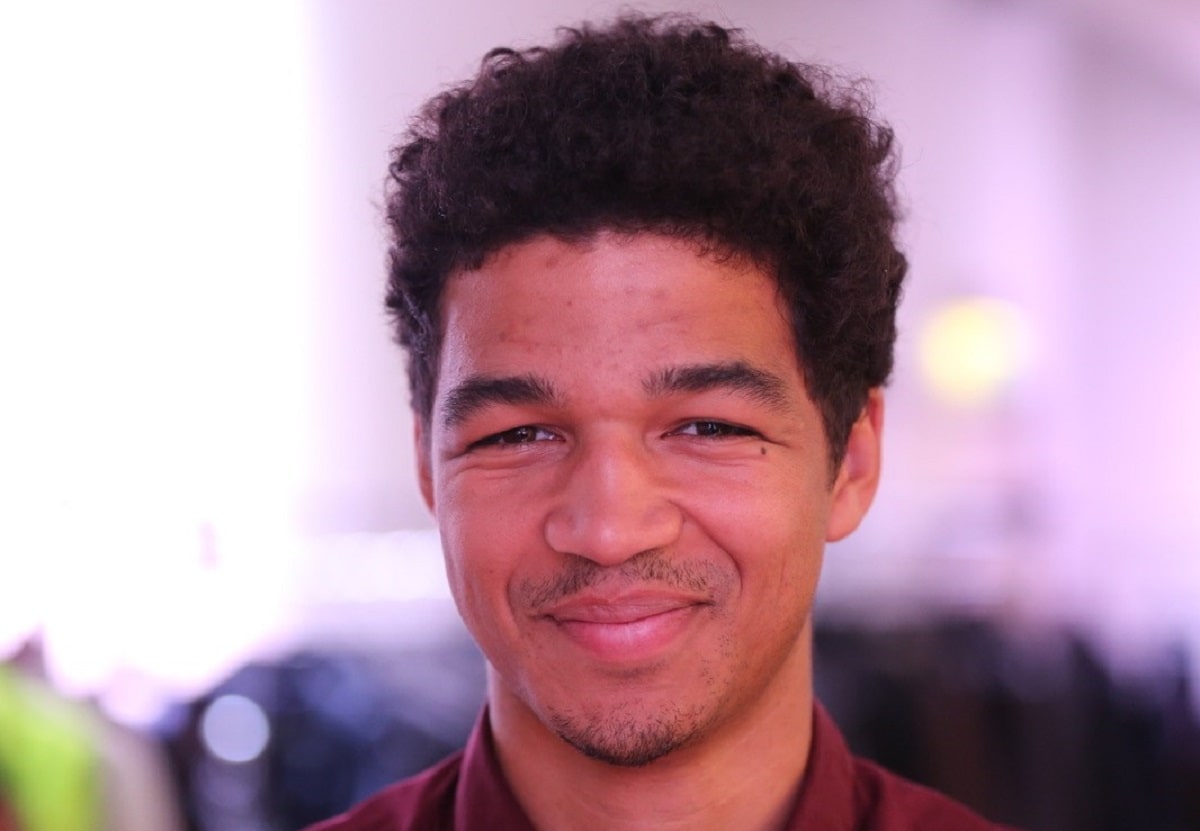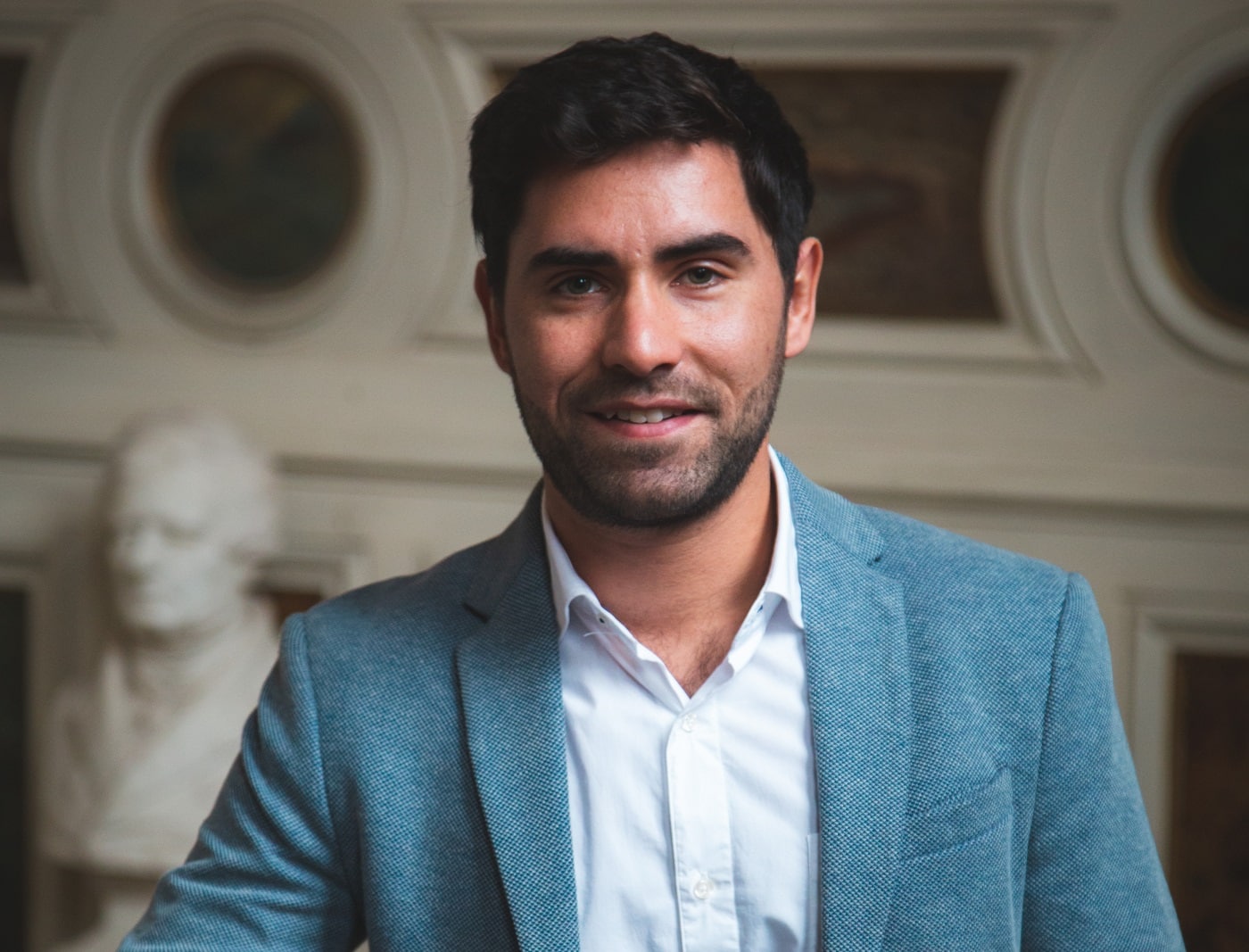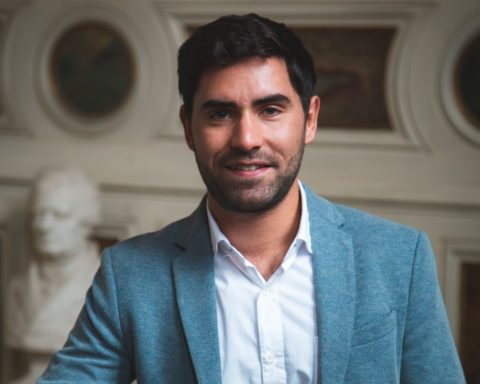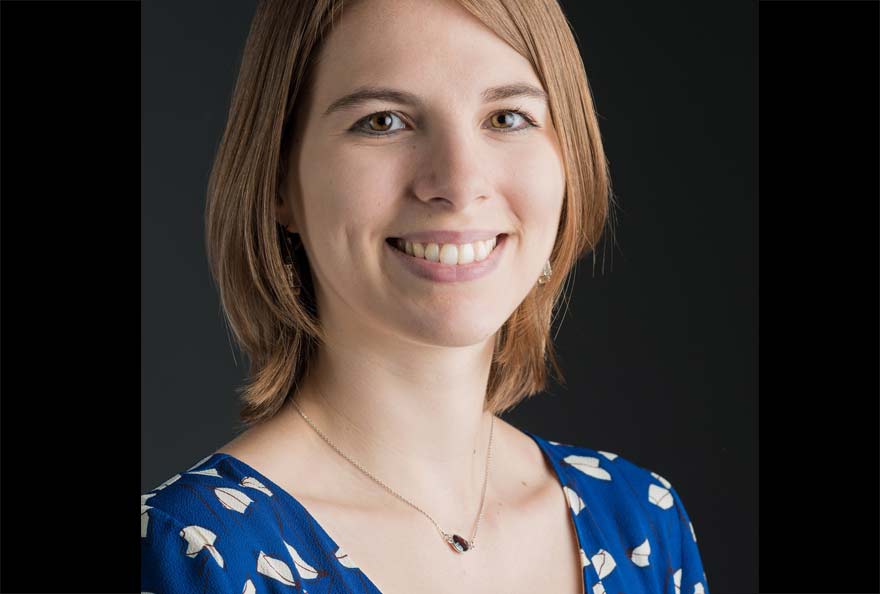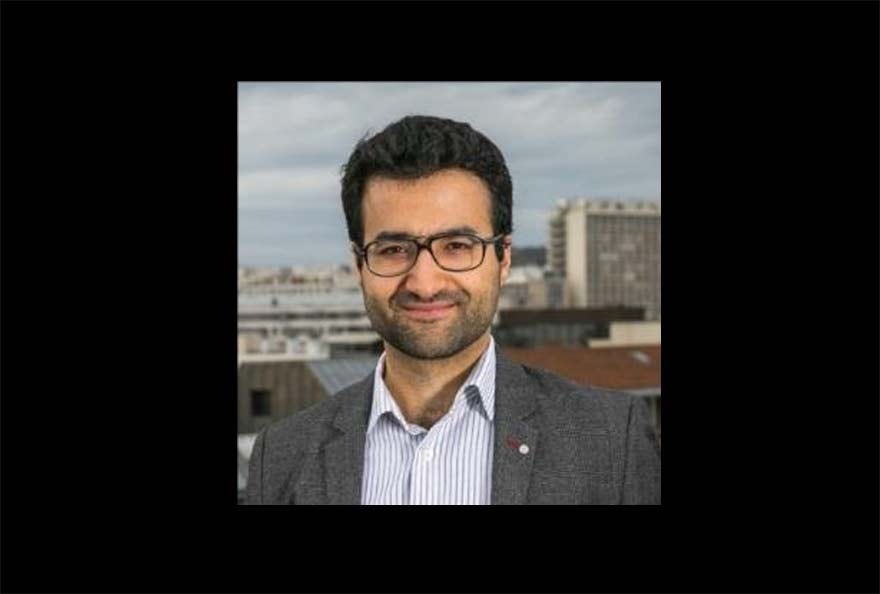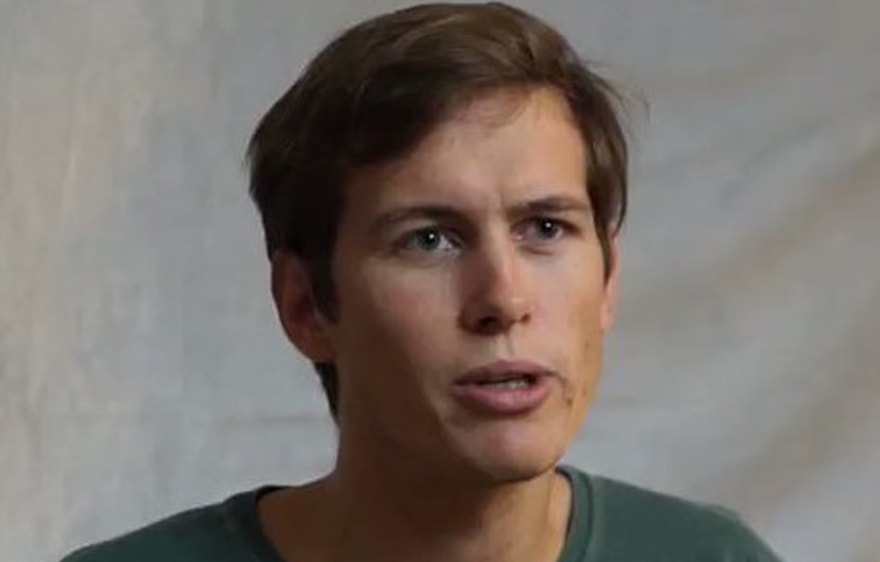Ancien élève ingénieur de l’ISAE-SUPAERO, Maxime Efoui-Hess a fait de la défense du climat son leitmotiv personnel et professionnel. Convaincu que les ingénieurs ont un rôle majeur à jouer dans la protection de l’environnement, le jeune diplômé a pris les chemins de traverse en rejoignant The Shift Project, un lobby d’intérêt général qui œuvre en faveur d’une économie libérée de la contrainte carbone. Pour lui, l’ingénieur dispose des compétences techniques nécessaires et d’une vision scientifique capable de changer le modèle politique, économique et industriel en prenant en compte les enjeux environnementaux et sociétaux.
De la conquête de l’Espace à la protection de l’environnement : l’engagement d’un étudiant de l’ISAE-SUPAERO en faveur du climat
Jeune bachelier, Maxime Efoui-Hess rêvait de travailler dans le domaine de la recherche spatiale. Émerveillé par l’aventure humaine de la conquête spatiale, il intègre en 2013 l’ISAE-SUPAERO, leader mondial de l’enseignement supérieur pour l’ingénierie aérospatiale. Lors de son année de césure, l’étudiant commence à s’interroger sur la manière d’inclure les problématiques environnementales dans sa vie professionnelle et met en parallèle les similitudes existantes entre le climat et l’Espace. Dans ces deux domaines, qui semblent pourtant aux antipodes, un écosystème fermé auquel on ne peut apporter de nouvelles ressources est étudié. Et surtout, on prend conscience de la planète qui vit et des méfaits du réchauffement climatique sur cette dernière. En effet, qui mieux qu’un astronaute pour visualiser la Terre dans son ensemble et mesurer, à distance, l’impact des contraintes carbones sur sa santé ?
En 3ème année à l’ISAE-SUPAERO, l’étudiant fait donc le choix de suivre le parcours « Énergie, Transport, Environnement » proposé par l’Institut. C’est dans le cadre de ce cursus que Maxime découvre The Shift Project, un lobby d’intérêt général qui prône une vision scientifique capable d’apporter des solutions à l’ingénierie pour la libérer de la contrainte carbone.
The Shift Project traite de problématiques concrètes et physiques, en incluant des compétences techniques et des analyses scientifiques. L’étudiant est séduit et voit alors se dessiner un parcours professionnel en phase avec ses engagements.
Ainsi, à la fin de ses études, Maxime Efoui-Hess rejoint ce lobby pour mettre ses compétences d’ingénieurs au service du climat. Car le jeune diplômé en est certain : l’ingénieur a un rôle à jouer dans chaque projet industriel pour intégrer, dès les prémices, des notions environnementales et réduire au maximum l’impact écologique de la société.
L’ingénieur doit utiliser ses compétences et sa vision globale pour modifier le modèle actuel
En intégrant The Shift Project, Maxime Efoui-Hess n’a pas suivi les voies traditionnelles d’un diplômé issu d’une grande école supérieure. Et pour cause, il en est persuadé : l’ingénieur a un rôle à jouer dans la transition écologique. En effet, l’ingénieur a appris à avoir une vision d’ensemble sur les différentes étapes d’un projet : de la genèse à l’utilisation finale, du choix des composants à leur recyclage. Son rôle ? Prendre la bonne décision en englobant toutes les composantes, tous les aspects, toutes les finalités. Ainsi, même si une décision n’a pas de rapport direct avec le climat à l’instant T, celle-ci peut pourtant tout changer.
En apportant ses compétences techniques et intellectuelles, l’ingénieur contribue au changement d’un modèle. Pour changer le modèle de la société en utilisant la « vision ingénieur », les grandes écoles ont un rôle à jouer.
Fin 2019, The Shift Project a réalisé un rapport sur la place de l’environnement et du climat dans les programmes d’enseignement supérieur. On observe une forte demande de la part des étudiants et des enseignants-chercheurs de prendre en compte les contraintes environnementales dans la mise en place de projets de recherche et dans les programmes de formation. Les établissements supérieurs, tels que l’ISAE-SUPAERO, développent des cursus où l’environnement est au cœur des priorités. Ils mettent également en place de nombreuses actions pour sensibiliser et former les étudiants à leur rôle dans la défense du climat.
Reste alors à additionner ces initiatives à une vision systémique et à prouver aux étudiants que leurs compétences sont utiles et même essentielles pour modifier le modèle actuel et l’adapter aux enjeux climatiques.

